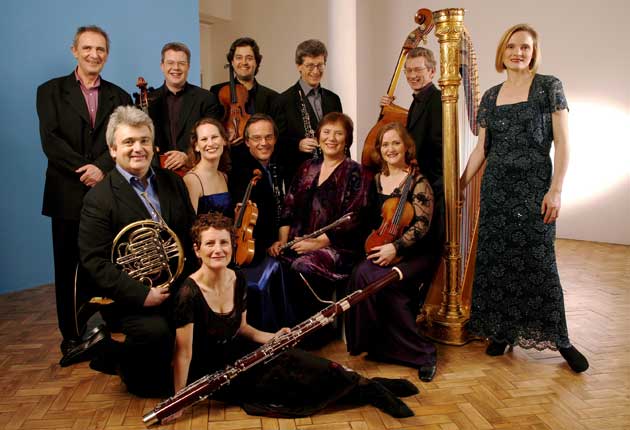PROMS 65/66: Goerne/Mahler Jugendorchester/ Nott/Nash Ensemble/ Masson, Royal Albert Hall, London

Something seems to have happened to Matthias Goerne. This German baritone was the wild child who once shed new light on Schubert’s songs, with his raw and visceral performances. When he walked on stage, you never knew where he would take you. Mahler’s heartrending Kindertotenlieder should have been his ideal vehicle, and as he eased into the first of these songs, the brooding melancholy of his tone seemed auspicious.
But that was all we got. He let the music carry him along, rather than pushing it; his sound was unfailingly beautiful, but oddly detached. The tragedy in Ruckert’s lyrics may be understated, but it’s still almost unbearable when sung as it needs to be. Here, what should have been danger became mere Victorian sentimentality.
On the other hand, the Gustav Mahler Jugendorchester skilfully evoked this work’s sound-world under Jonathan Nott’s direction, with some ravishing woodwind solos. But here, too, something vital was missing: the grand gestures which preface the final section simply weren’t grand enough, with the result that the piece ended with a whimper rather than a bang. Thus it was, too, with that great warhorse, Strauss’s Also Sprach Zarathustra: the gigantic opening fanfare now known to everyone as
the theme tune to 2001: A Space Odyssey went off at a polite half-throttle, rather than in the grandiose over-the-top manner we needed. Nott’s treatment of Ligeti’s Atmospheres and Schoenberg’s Five Orchestral Pieces was exquisitely detailed, but lacking in oomph.
The late-night Prom which followed was just one-15th full: since the |American composer George Crumb, currently celebrating his 80th birthday, has never courted publicity, he’s virtually unknown over here. But in the Seventies his music was the hottest thing among avant-garde choreographers: with vivid memories of his mysteriously Oriental sound-world as a backing for dance, I was curious to see how it would hold up, 30 years on.
The answer is, not tremendously. Under Diego Masson’s direction, the Nash Ensemble utilised all their artistry in works that included the Lorca-homage “Ancient Voices of Children”, and brought out the full subtlety of his games with timbre and texture. But I wanted the dancers back: this music felt stranded, and out of its time.
Subscribe to Independent Premium to bookmark this article
Want to bookmark your favourite articles and stories to read or reference later? Start your Independent Premium subscription today.

Join our commenting forum
Join thought-provoking conversations, follow other Independent readers and see their replies